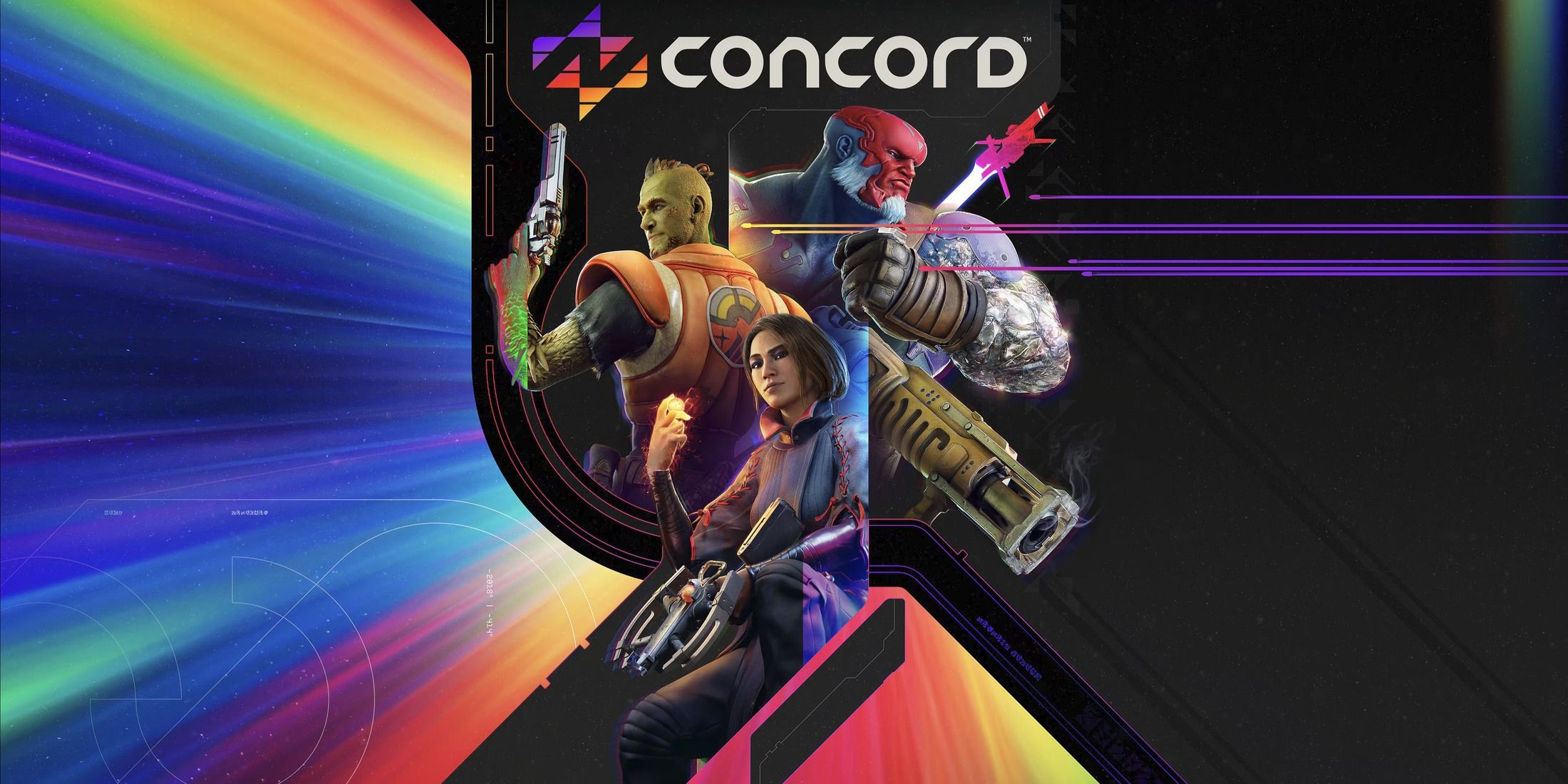In a move that could reshape the landscape of video game exclusivity, Microsoft is reportedly exploring the possibility of bringing some of its most significant franchises, including Gears of War, the upcoming Doom installment, and Microsoft Flight Simulator, to competing platforms. This information comes from Tom Warren of The Verge, who sheds light on Microsoft’s contemplation of extending its gaming reach beyond the Xbox ecosystem.
Expanding horizons beyond Xbox
The notion of Microsoft venturing into rival platforms with its AAA titles is not entirely new, yet the specific mention of heavyweight franchises such as Gears of War, Doom, and Microsoft Flight Simulator marks a notable pivot in the company’s strategy. According to Warren, these discussions are still in the preliminary stages, with no definitive decisions made regarding the expansion. This move could significantly impact the gaming industry, offering a broader audience access to some of Xbox’s most coveted titles.
Microsoft’s strategy appears to be evolving, aiming to transcend traditional platform boundaries. This approach aligns with the broader industry trend of diminishing exclusivity in favor of accessibility and cross-platform play. By potentially offering major titles on platforms like PlayStation and Nintendo Switch, Microsoft could usher in a new era of inclusivity in gaming.
The vision for the future of Xbox
Phil Spencer, the head of Xbox, further emphasizes Microsoft’s forward-looking vision for gaming in an internal memo. Spencer envisions a future where gaming transcends device limitations, providing a unified experience across all screens. This philosophy was echoed in remarks made by Xbox President Sarah Bond during a recent Town Hall meeting, encapsulating the mantra “every screen is an Xbox.”
This vision aims to democratize gaming, ensuring that players can enjoy their favorite titles on any device, thereby promoting a more inclusive gaming ecosystem. Spencer’s memo highlights an ambition to facilitate easier discovery of games, support diverse business models, empower more creators, and unite global gaming communities.
Navigating challenges and opportunities
While the prospect of Microsoft’s major franchises appearing on rival platforms is exciting, it also presents various challenges and considerations. The company must navigate the intricacies of platform-specific requirements, potential revenue sharing models, and the impact on its Xbox-exclusive lineup’s perceived value. Furthermore, this strategy could redefine Microsoft’s relationships with its partners and competitors in the gaming industry.
However, the opportunities this strategy could unlock are immense. By broadening the accessibility of its games, Microsoft can tap into new markets, foster a more diverse gaming community, and potentially increase the overall engagement with its franchises. This approach also aligns with the increasing consumer demand for flexibility in how and where they play their games.
A bold step towards inclusivity
Microsoft’s deliberation on bringing its AAA titles to rival platforms signifies a bold step towards a more inclusive and interconnected gaming future. As the industry continues to evolve, the lines between competing platforms blur, making way for a more unified gaming experience. Microsoft’s potential move could serve as a catalyst for further change, encouraging other companies to consider similar cross-platform initiatives.
As discussions continue and strategies evolve, the gaming community eagerly awaits the outcome of Microsoft’s considerations. The implications of such a move could be far-reaching, not only for Microsoft and its franchises but for the entire gaming ecosystem. By embracing inclusivity and accessibility, Microsoft is positioning itself at the forefront of the industry’s future, where every screen could indeed become an Xbox.





